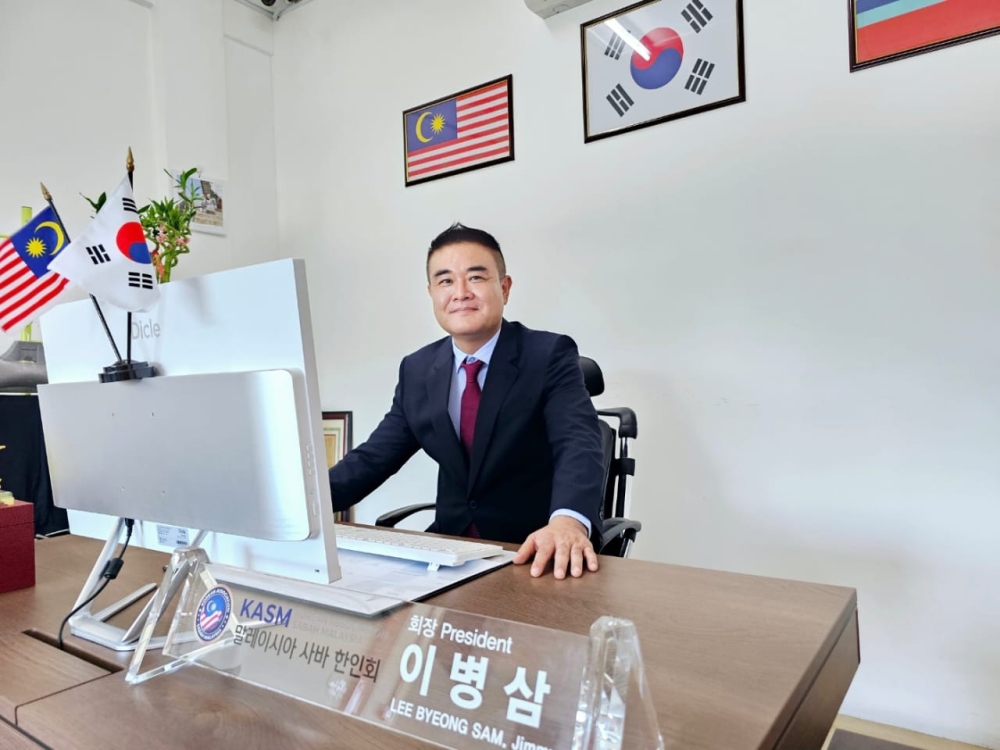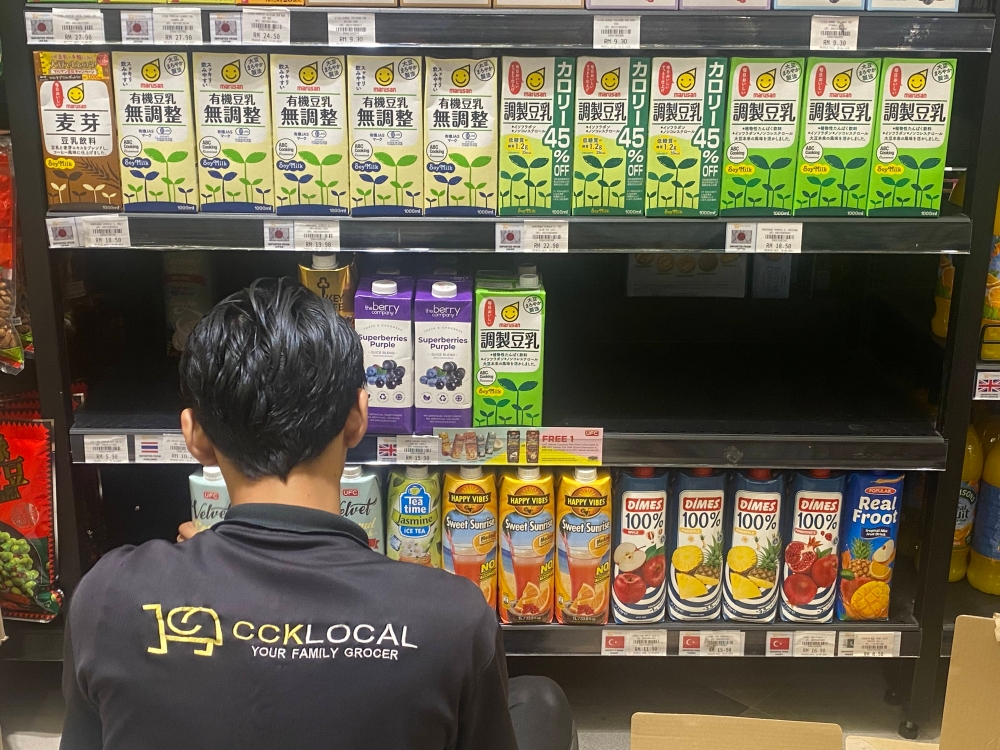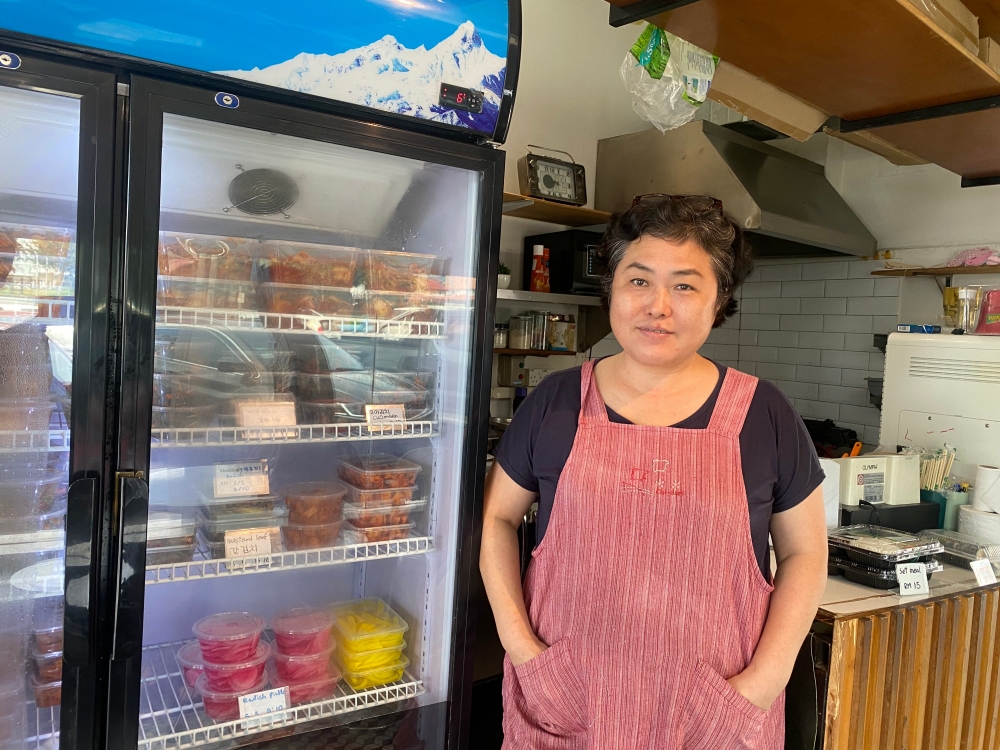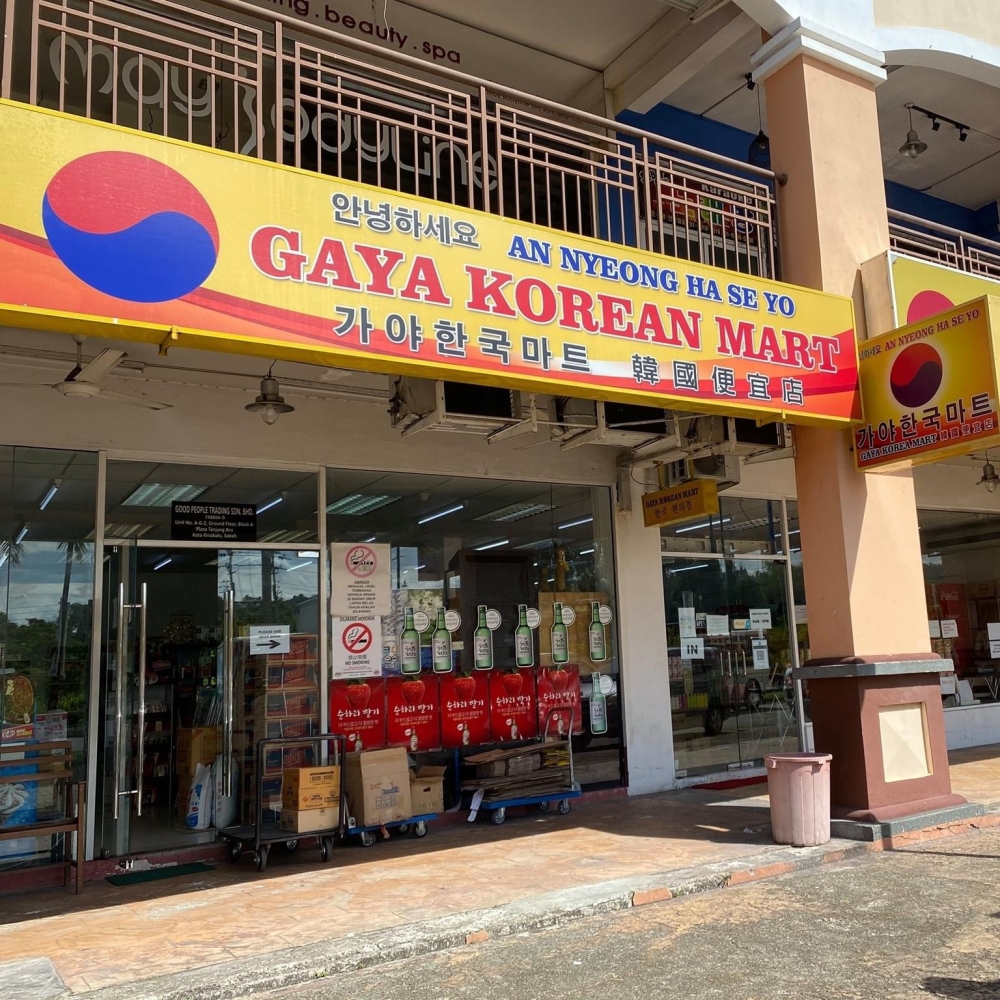KOTA KINABALU, Sept 4 — 5am might seem too early for some but that's when South Korean Lee Byeong Sam, better known as Jimmy, heads to the Kota Kinabalu central market to where the first fishing boats arrive with their catch of the day.
For many business owners, this is their chance to get their choice of the freshest fish of the day and the best time to do that is before the sun comes out. As for Jimmy, he now even haggles with the local fishmongers in Malay.
“I want to get the freshest catch. And also choose the fish I want, which is sometimes hard to get at the supermarkets,” he said.
Jimmy has lived in Kota Kinabalu for some 25 years, knows where to get the “good stuff” like a local.
He goes to a certain fishmonger for the biggest squid, the Foh Sang butcher for the best pork and the local wholesalers market for the biggest, cheapest cabbages.

Now the president of the Korean Association of Sabah, Jimmy is one of around 800 Koreans here who have made Sabah their home. While those who visit often tout its sunny skies, picturesque beaches and stunning sunsets, those who chose to live here often see beyond the beauty.
“Yes, it is beautiful, but the people are the real reason why I chose to live here. I was here for work more than 20 years ago but eventually opted to stay here because I found it so safe and the people so friendly.
“It is a very liveable city, and you can walk around with your family at any reasonable time and feel safe. I feel like the people here are also genuine in their friendliness,” he said.
Settling down
Over the years, between 800 to 1,200 Koreans have lived in the state capital although it may not always be so evident as Koreans tend to keep a lower profile and keep to themselves most of the time.
At a recent Korean night organised by the association, some 500 Koreans attended the event which also saw the attendance of the new consul general.
Many of the Koreans in the city are here with tour and travel related companies, to cater to the thousands of Korean tourists coming into the state in droves. With 34 direct flights weekly from Seoul and Busan, the travel agents are kept busy.
To cater to both the Korean tourists as well as the local Korean community, more businesses are opening to cater for them. This is especially evident where food is concerned as Korean food can be found almost everywhere.
“Koreans tend to like eating their own cuisine. They are up for trying the local cuisine too, but many of them will be happy to have Korean food so there’s usually at least one lunch or dinner at a Korean restaurant as part of their tour,” said local tourist guide Felix Chong.
There are now Korean restaurants at almost every shop lot in the city, and most supermarkets and convenience stores will have imported products.

Familiar comforts
“It used to be that Korean products were so scarce or expensive to import so I got them sent from home, but now there is a local supplier for many Korean products so we can have most items now,” said a banchan shop owner Youn Suk Hong.
Youn, who has lived in Sabah for over 24 years since she married a local man, opened her shop which sells a variety of Korean side dishes known as banchan after many of her friends asked for it.
“They seem to crave Korean food... and I thought I could do something different to the Korean restaurants here,” she said.
Youn’s shop, outside a popular supermarket in Lido, hires two local people to help her but because she can speak in Korean, Malay and English fluently, she is often the face of the shop and people drop in to talk to her as well.

For entrepreneur Vidan Lee, she fell in love with Sabah after a summer holiday about 10 years ago. She soon brought her daughter back to live in KK and after eight years living here, she said the acceptance and welcome towards Korean culture and food has been heartwarming.
“We used to miss our food, maybe a bit. We would get family to send items from home or go to one of the Korean restaurants, but now people seem to like K-dramas and TV, K-pop and Korean food,” said Lee, who supplies her own homemade kimchi to some 50 restaurants and shops around the city.
“We can easily get our own Korean ingredients and groceries and instant noodles in most places like Bataras even. We don’t even need to go to the Korean Mart most of the time. There’s so much choice here when it comes to Korean food nowadays too so we always get that taste of home,” said Lee.

In Kota Kinabalu, most of the Korean-owned businesses are tourism or travel related due to the constant stream of tourists. But many, like Jimmy, end up settling down and calling KK their home.
“It's a good place to raise a family — it’s safe and beautiful, the weather is good. And schools here are also good,” he said.
Jimmy said many Korean couples send their children to international schools or semi-private schools for a good education at a competitive price.
“It is up to 70 per cent cheaper than schools of a similar quality in Korea,” said Lee, whose daughter Grace attends an international school.
However, despite the many plus points of Sabah, Lee, Jimmy and Youn all said that the biggest draw about Sabah were the people.
“The people are kind and friendly. We never worry about our safety. There is hardly any crime and people don’t take advantage of you. We have learned to enjoy the Sabahan pace of life, and both me and my daughter feel very much at home,” said Lee.



















